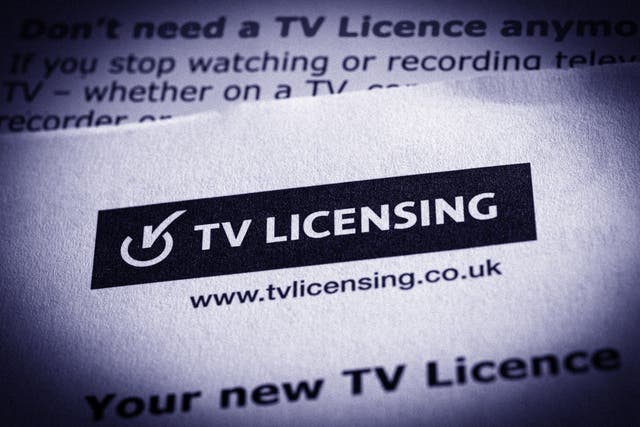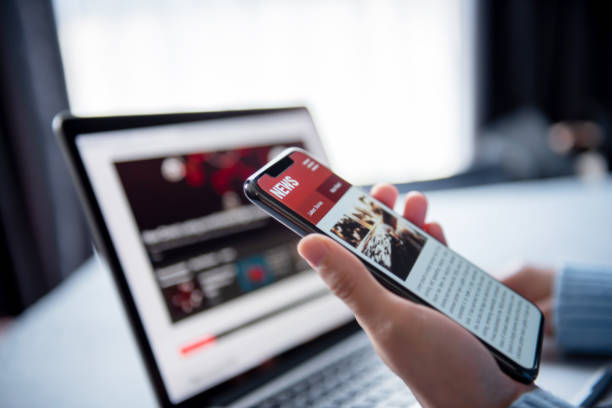Television Licensing in the United Kingdom: Navigating the Maze

1. Introduction
In the United Kingdom, the concept of television licensing has been a longstanding tradition, often stirring debates and controversies. But what exactly is television licensing, and why does it matter? Let’s delve into the intricacies of this system and understand its significance in the realm of British broadcasting.
2. What is Television Licensing?
Television licensing refers to the legal requirement for households to possess a valid TV license in order to watch or record live television broadcasts or use BBC iPlayer. It serves as a means to fund public service broadcasting, primarily the British Broadcasting Corporation (BBC), ensuring the provision of quality programming and services.
2.1 Who Needs a TV License?
Typically, any household or individual in the UK who watches or records live television broadcasts, irrespective of the device used, is required to hold a valid TV license.
2.2 How is it Enforced?
The enforcement of television licensing is overseen by the BBC and supported by various agencies, including TV Licensing, which conducts inspections and investigations to ensure compliance.
3. History of Television Licensing
The roots of television licensing trace back to the early days of television broadcasting in the UK. In 1946, the Television Act laid the foundation for the licensing system, with the primary aim of funding the BBC’s public service remit.
3.1 Evolution Over the Years
Over the decades, television licensing has undergone significant evolution, adapting to technological advancements and changing viewing habits. From black-and-white sets to the era of digital streaming, the licensing framework has continuously evolved to remain relevant.
4. Current System
Today, the vtspotlight.com system operates under a blend of traditional and modern approaches. While the core principles remain intact, adaptations have been made to accommodate the rise of digital platforms and non-traditional viewing methods.
4.1 Online Streaming and Catch-Up Services
With the advent of online streaming platforms and catch-up services, the scope of television licensing has expanded beyond traditional broadcast channels. Viewers accessing content via BBC iPlayer or similar platforms are also required to possess a valid TV license.
5. Why is Television Licensing Important?
Television licensing plays a pivotal role in sustaining public service broadcasting in the UK. It ensures the funding necessary for producing diverse and high-quality programming, catering to the informational, educational, and entertainment needs of the populace.
5.1 Supporting Public Service Broadcasting
By contributing to television licensing fees, viewers actively support the BBC’s mandate to deliver impartial news coverage, educational content, cultural programming, and innovative documentaries.
6. Changes in Licensing Laws
In recent years, there have been notable changes to television licensing laws, reflecting shifting consumer behaviors and technological advancements.
6.1 Subscription-Based Models
The emergence of subscription-based streaming services has prompted discussions about the future viability of the TV license model. Some argue for alternative funding mechanisms, while others advocate for maintaining the current system to preserve the integrity of public service broadcasting.
7. How Does it Affect Viewers?
Television licensing has tangible implications for viewers, beyond the legal obligation to pay fees. Understanding these effects can help individuals navigate the complexities of the system more effectively.
7.1 Financial Considerations
For many households, the TV license fee represents a recurring expense that factors into budgetary decisions. Understanding the options for payment and potential exemptions can help alleviate financial strain.
8. Avoiding Penalties
Non-compliance with television licensing regulations can result in penalties and legal consequences. It’s crucial for viewers to be aware of their obligations and take proactive steps to ensure compliance.
8.1 Consequences of Non-Payment
From fines to potential prosecution, the penalties for failing to hold a valid TV license can vary in severity. Being informed about the consequences can motivate viewers to address any compliance issues promptly.
9. BBC and Television Licensing
As the primary beneficiary of television licensing fees, the BBC plays a central role in shaping the debate surrounding its continuation and relevance in the modern media landscape.
9.1 Funding Challenges
The BBC faces ongoing challenges in securing adequate funding to maintain its programming standards and meet evolving audience expectations. Television licensing remains a critical component of its revenue stream.
10. Public Opinion
Public sentiment towards television licensing is diverse and often polarized, reflecting differing perspectives on the value of public service broadcasting and the fairness of funding mechanisms.
10.1 Debates and Controversies
From debates over the license fee’s size to discussions about its necessity in an era of digital disruption, the topic of television licensing sparks passionate arguments and calls for reform.
11. Future of Television Licensing
Looking ahead, the future of television licensing in the UK is subject to uncertainty, shaped by technological innovations, regulatory changes, and shifting audience preferences.
11.1 Adaptation and Innovation
To remain relevant, the television licensing system may need to undergo further adaptation, embracing technological innovations and exploring alternative funding models that align with changing viewing habits.
12. Conclusion
Television licensing in the United Kingdom is a multifaceted issue with far-reaching implications for public service broadcasting and viewer engagement. While debates surrounding its efficacy and fairness persist, its role in sustaining quality programming and supporting the BBC’s mission remains undisputed.





